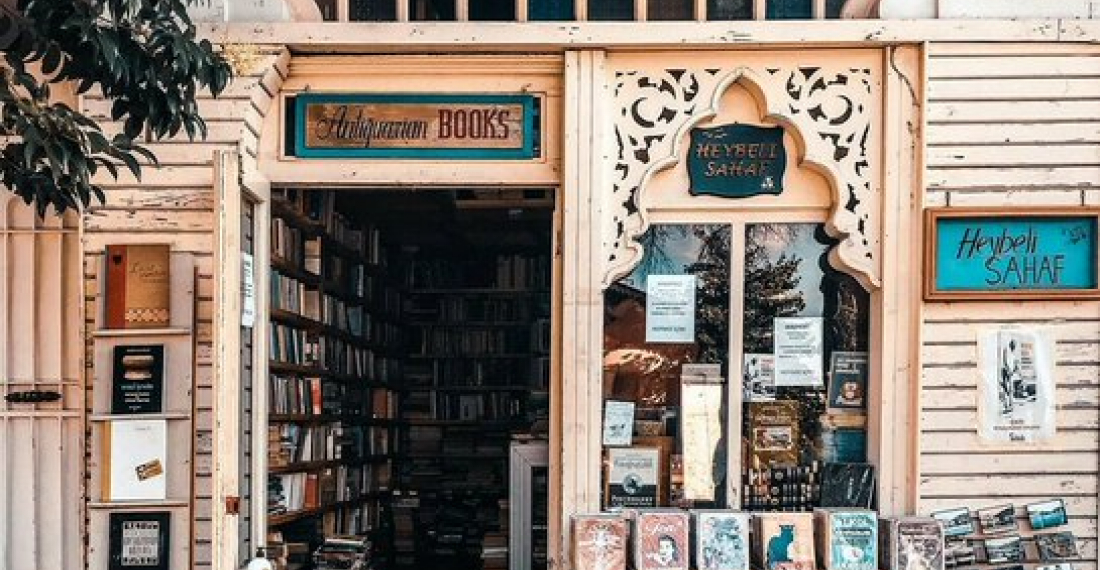Across from the historic Galatasaray High School and around the corner from the promenade of Istiklal Avenue, there is an exhaustive hive of booksellers that are known locally Istanbul as "sahaf".
The passage offers books of all sorts and for all tastes striking feelings of nostalgia among the visitors. Just like many of the bookstores, books are also piled and stacked beside and on top of each other. "Sahaf" are also a workplace for independent publishers who find appreciation among store visitors.
For Turkish readers, the bookstores hold interesting examples of translation that span the breadth of 20th century writing from Turkey as it has conveyed itself to the world, and returned. For example, Moris Farhi, originally from Ankara spent his adult life after university in London where he became a novelist who believed in Turkey’s modernism as an authentic source of universal humanism.
The penultimate novel by Farhi, titled, “A Designated Man”, appears with its cover presented boldly at the Aslıhan Pasajı sahaf market, in Turkish, as “Atanmış Erkek”. It is a bittersweet tale of Balkan rivalries, through the prism of gender equality. And the fact that Farhi, a Turkish writer, wrote novels solely in English, and that his books are sold in Turkey, in Turkish, speaks to the transcultural nature of literature as a relay race of shared histories in translation.
American and English literature are common in these stores. Among these dusty, worn volumes, is a collection of essays by the English poet Matthew Arnold. The edition was a reprint, from 1911, and on the back of its cover, there was a charming note, in pen, by a loving daughter named Elizabeth, who in the winter of 1913, had gifted that book to her father for Christmas.
Source: commonspace.eu with Daily Sabah (Istanbul).
Picture: Heybeli Sahaf, Istanbul (Twitter: @TheShopkeepers).






